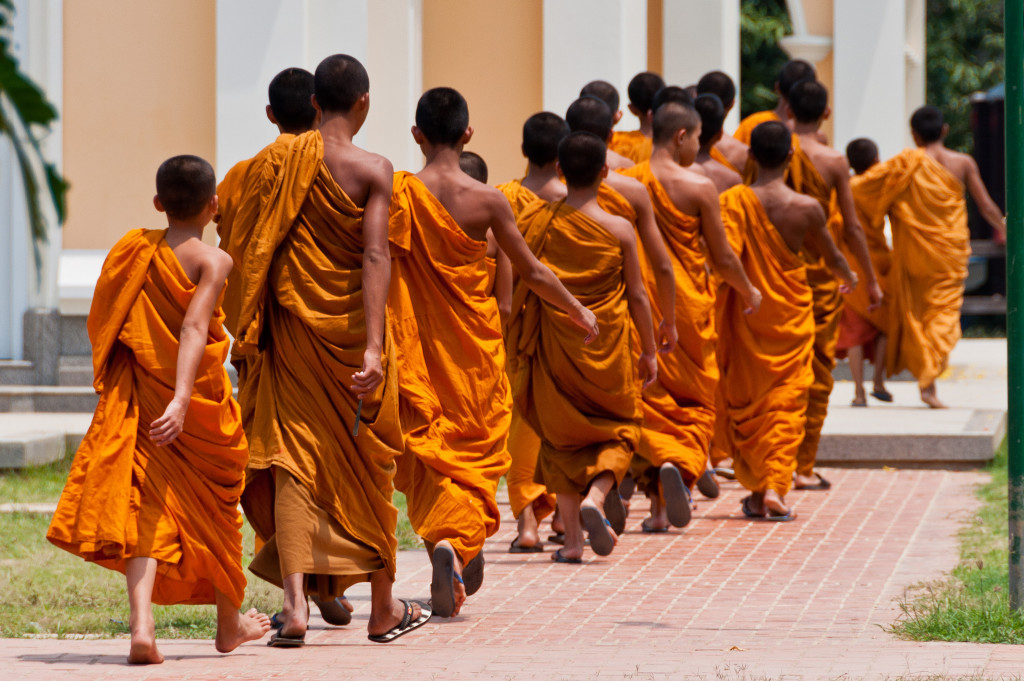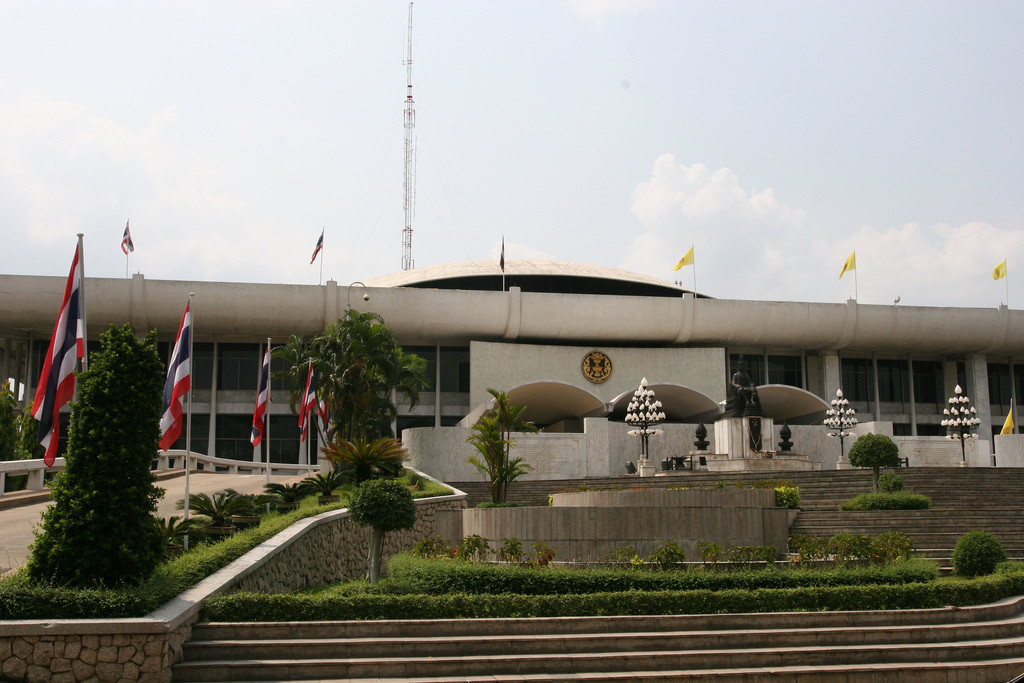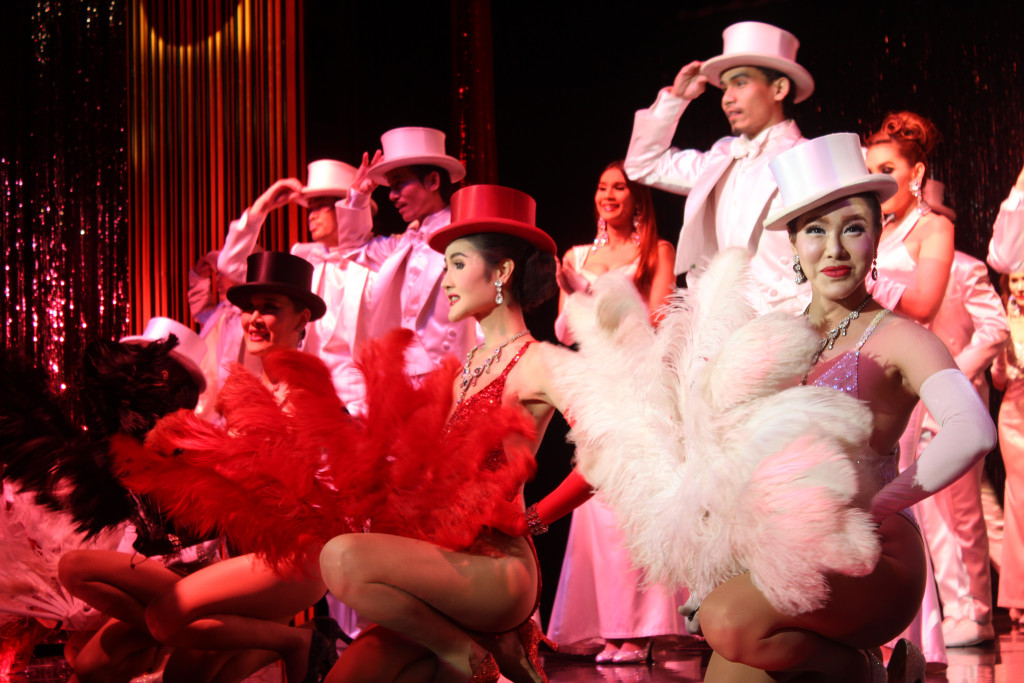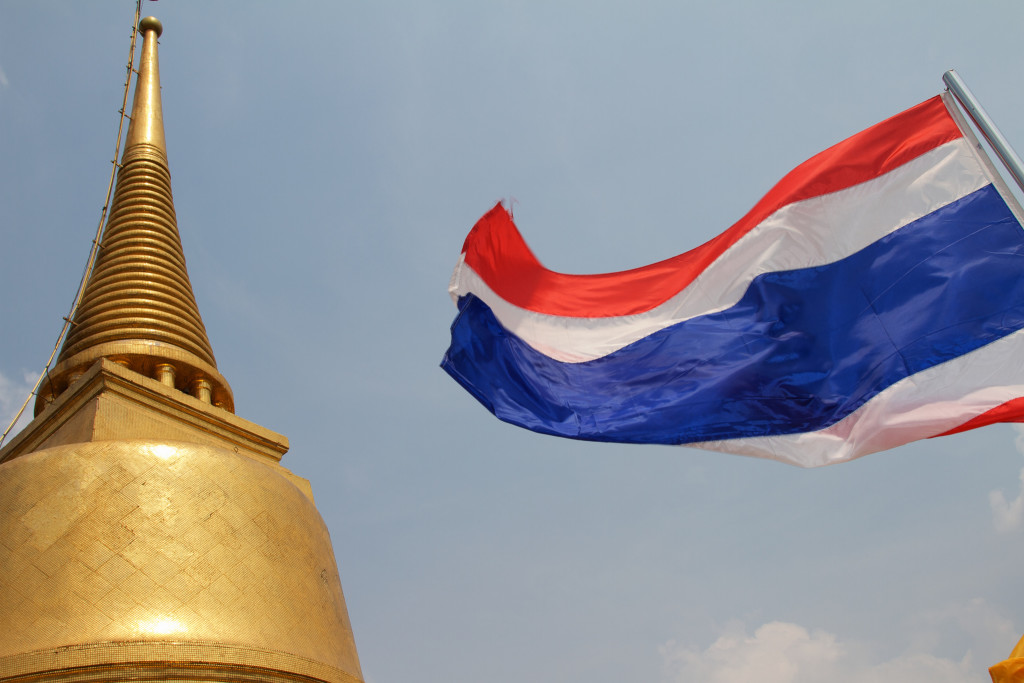Tuk Tuk Tours
Explore Bangkok by the iconic tuk tuk
Bangkok has a global reputation of one of the world’s most gay-friendly cities, alongside spots like San Francisco, London and Berlin. As well as being a tolerant place for local gay men and women – and the infamous home of the ‘third sex’ – the Thai capital is a popular destination for gay visitors from around the world.
Beyond an array of gay-friendly hotels, bars, clubs and other attractions, the city’s friendly and welcoming approach can be found around Thailand and, indeed, across much of Asia. But what is it that makes Bangkok and Thailand so gay-friendly?

Though Thailand has no official state religion, Buddhism is its most prevalent, with around 95% of the country’s population identifying as Theravada Buddhists. Buddhist beliefs – in particular the religion’s approach to tolerance – influence Thailand’s stance on homosexuality and, together with a general avoidance in Thai culture of confrontation and victimisation (though it does still occur), have created a society in which being gay is much less of a taboo than in many western countries, and of little issue to most Thais and certainly foreign visitors. However, traditional Theravada Buddhist accounts hold that the origin of a person’s homosexuality lies in misdeeds from a previous incarnation. This more liberal school of thought, which argues that a person’s homosexuality is outside of their conscious control at least in their current lifetime, differs from the less accepting stance that says it is the result of a wilful violation of Buddhism’s precepts. Nevertheless, since at least 1989 the Thai Buddhist sangha’s supreme governing body has held that gay men cannot be ordained – not that in reality this stops men from all walks of life from performing what is seen as a duty to enter the monkhood at least once during their lifetime.

Just as UK law has curiously never prescribed an age of consent for lesbians – a wives’ tale persists that Queen Victoria did not believe that gay relations between women were possible, though the story is apparently untrue – so Thai law had, until recently, never legislated at all on homosexuality in relation to either gender. The result is that the age of consent has always been equal to that of heterosexual couples, currently set at 15. The flip side of the coin is that, until the introduction of an anti-discrimination bill in late 2015 (which specifically refers, in addition to men and women, to ‘a person who has a sexual expression different from that person’s original sex’), there was no legal protection in Thailand for gay rights. In a country where, for instance, it is not unheard of for job adverts to specify that a candidate must be a woman of a certain age – or even where flat rental ads specifically rule out tenants of specific racial backgrounds – it is conceivable that the same approach is applied on the basis of sexuality, even if it is not widely reported.
Thai law in relation to homosexuality is often described as being behind the times compared to the country’s largely progressive and liberal social perspective – at the very least one of ‘letting live’. It therefore ought to come as little surprise that, while symbolic ceremonies are often held, legalised gay marriage – or even something short of it, akin to the civil partnerships that have predated same-sex marriage in many other countries – is not yet close to being on the political agenda. Legislation was drafted in 2012 but subsequently put on hold, and has not been revisited with any apparent level of priority.

Thailand’s open approach to sexuality is perhaps best represented by, and certainly most well-known in relation to, the country’s widely visible transgender population. Thailand’s ‘ladyboys’ might be the subject overseas (and indeed in Thailand itself) of stereotypical referencing that ranges from comedic to offensive, but in reality transsexual individuals work in all manner of industries alongside those of other sexual orientations, and by and large lead ordinary lives without hindrance. Few would claim that so-called ‘kratoeys’ do not suffer discrimination – even at the level perhaps most accepted across Thai society, both gay and transgender characters in TV soap operas are routinely cast stereotypically as effeminate, overly dramatic individuals – but transgender people arguably enjoy greater acceptance and a more liberal environment than in many other countries. What’s more, it is believed that Thailand’s new constitution – being drafted following the military’s 2014 overthrow of the elected government – will include references to the ‘third sex’.

It would be remiss to pretend that Thailand is the ultimate trouble-free paradise for local and visiting gays. While there tend to be fewer concerns for gay men and women in Bangkok than in even the most liberal of western capitals – and though Thailand is often rightly seen as a haven for gay visitors from overseas – that’s not to say that there don’t remain challenges to face. After all, homosexuality was only declassified as an illness in 2002 (sodomy was decriminalised in 1956), only more recently have LGBT conscripts to the Thai armed forces been permitted, and men who have sex with men have only been able to openly donate blood since mid-2015. Meanwhile, there is still some stigma associated with coming out, and many parents’ association with their children’s sexuality is more a case of ‘don’t ask, don’t tell’ than true acceptance and understanding.
Perhaps most notable is the lack of visibility of lesbians, and lesbian-friendly venues in particular, in a gay scene that is almost entirely focussed on men. Bars, clubs and other social spots for gay men abound in Bangkok and other major Thai cities, but there are just a handful of far less well-known lesbian venues. Lesbians are also far less visible in public life, including in the media and among recognised celebrities, politicians and the like. That said, while many Thai gay women opt not to identify as lesbians – it’s a term often seen as a depiction of male fantasies, rather than an accurate representation of a person’s sexuality – they are unlikely to face discrimination or other trouble in going about their life any more than gay men.
The same is perhaps reflective of the wider situation for LGBT people of all stripes in Bangkok and around Thailand. While not perfect, the country offers a more easy-going and accepting way of life than many places elsewhere, and certainly gay visitors to Bangkok will find the sense of welcoming openness and range of venues catering to LGBT travellers that – rightly or wrongly – has earned Thailand its reputation as a gay paradise.
Photos by Mark Fischer; Chris Brown; Arun Katiyar; Johan Fantenberg.
At Expique our mission is to help people discover the real Bangkok (and beyond) and the local cultures. We do this through a combination of offering our own award winning tours and through producing informative content.
Our range of experiences in Bangkok including our award winning Bangkok Night Lights Tuk Tuk Tour and our foodie extravaganza Evening Food & Tuk Tuk Adventure.
Subscribe to our newsletter to receive monthly news and tips about exploring Bangkok.